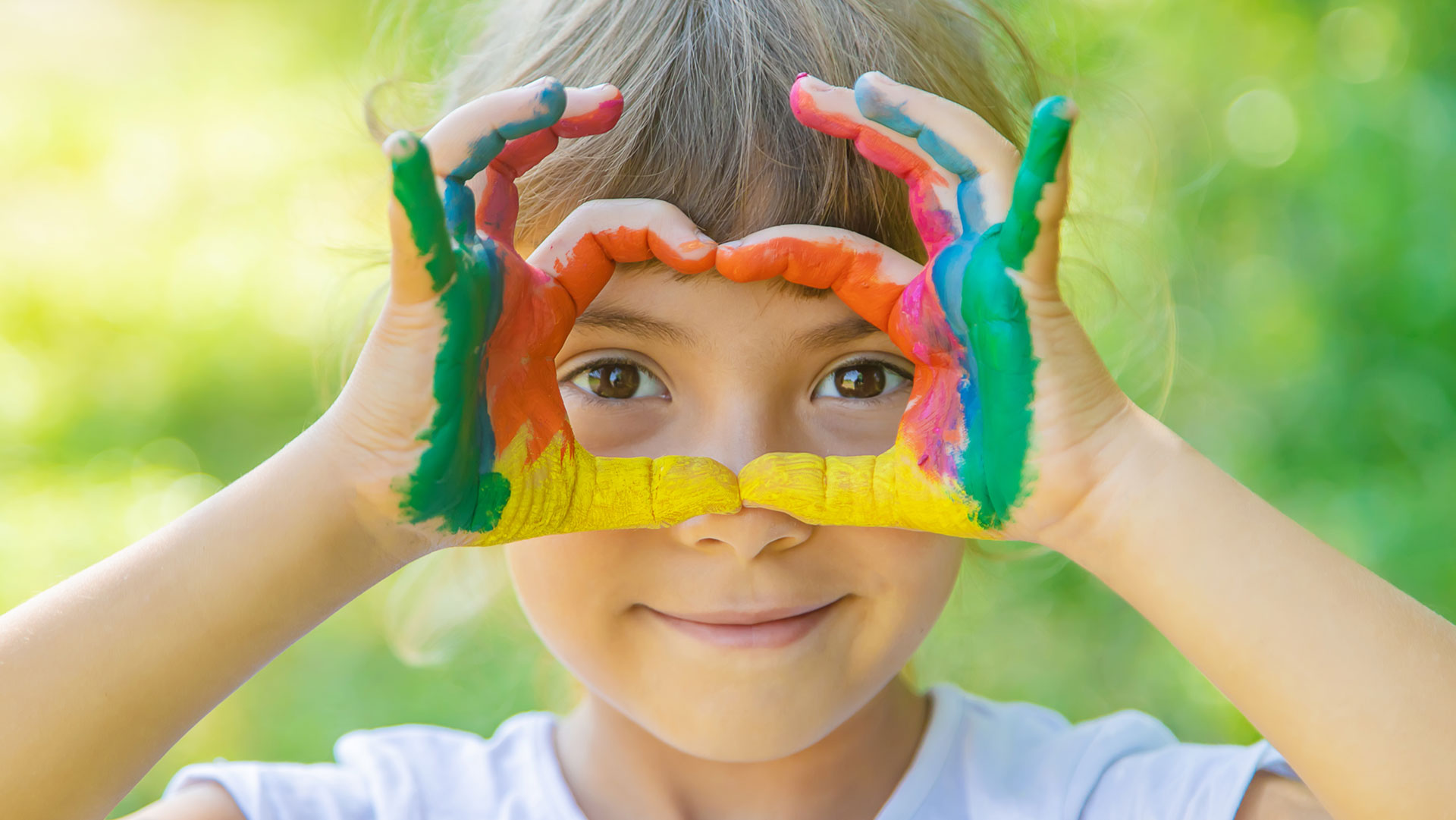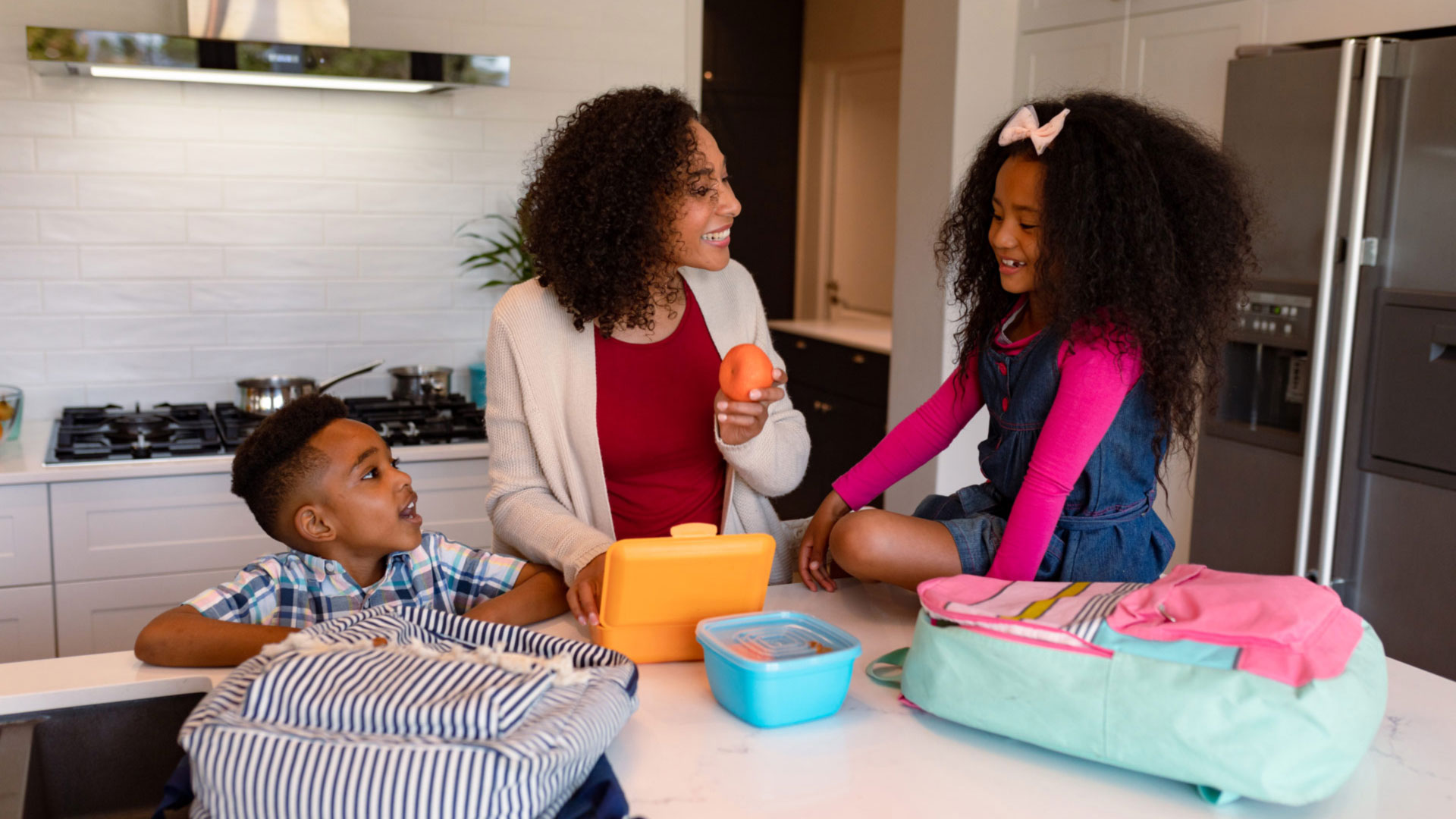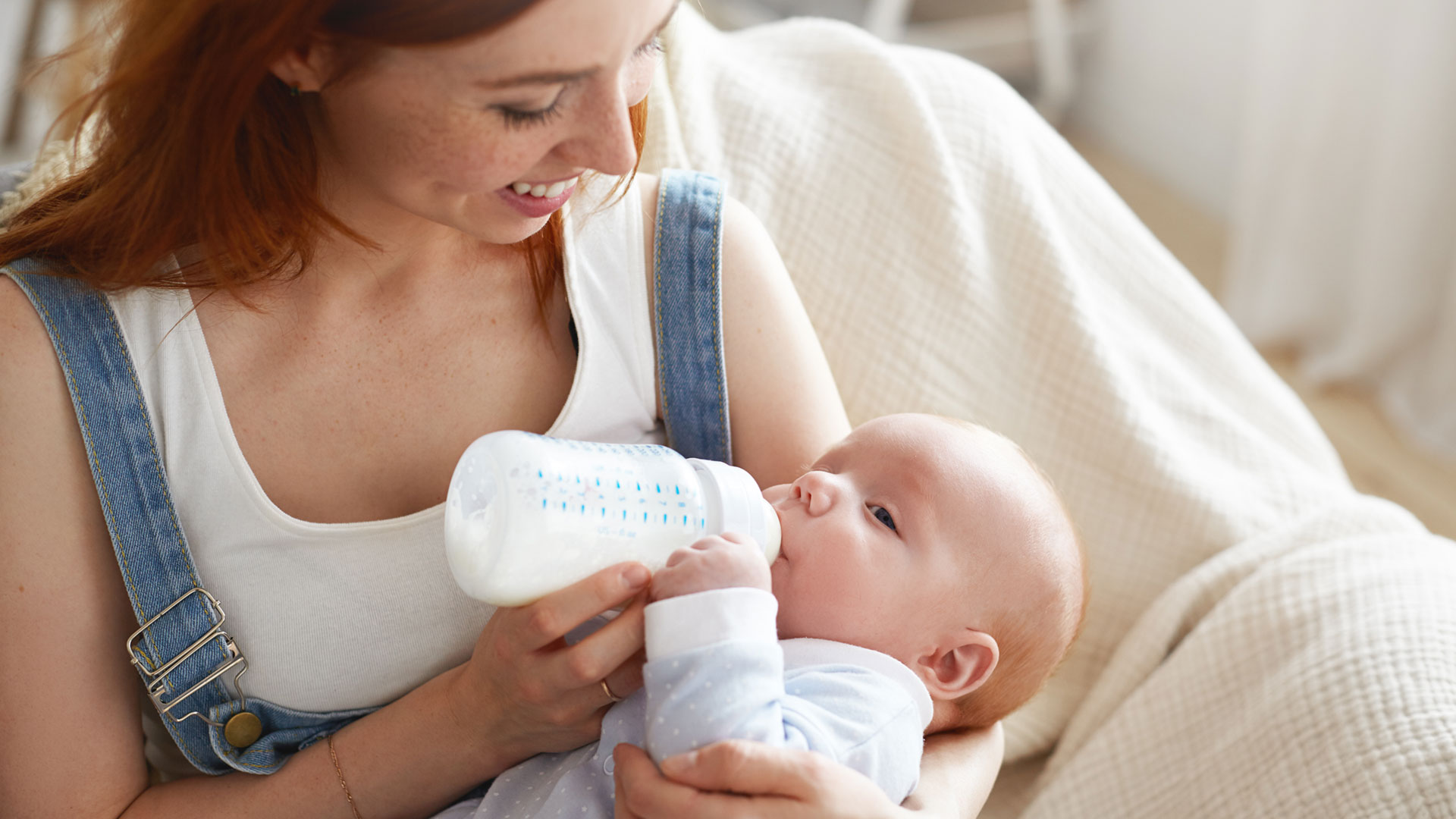Like many parents, we too are struggling to process the horrific school shooting that occurred last week in Uvalde, Texas. It can be hard to know how to talk to your children and teens about it, especially since they may be having fears of going to school themselves. As with any upsetting event in the news, it can be tempting to avoid the topic to try to protect kids from the violence. You are also likely dealing with your own emotions about the incident.
We wish this wasn’t a topic we have to discuss. However, your elementary-school-age kids and older have likely heard about it by now. When kids have only fragments of information they do not fully understand, and if they get the sense that adults around them are “hiding something,” it can actually lead to more anxiety and fear. The best way we can help kids deal with upsetting current events is to be straightforward and honest with them, reassure their safety where we can, and help them process their feelings, even if you don’t have all the answers.
Here are some steps you can take:
1. Open up the topic and ask what they know. Before you start jumping in with information, first ask your kids what they know about the situation so you can follow their lead and correct any misunderstandings if needed. Ask what questions they have.
2. Give brief but straightforward information about what is happening. The specific language you use will vary depending on the age of your child, and there is not one “right way” to talk about it. You do not need to share a lot of specific details, but be straightforward about the basic facts and be open to answering questions.
3. Support and validate feelings. Ask your kids what emotions they are having and let them know those feelings are normal and okay. Provide comfort, reassurance, and support if needed. It’s also okay to share your own emotions to show them that they are not alone in how they feel. If your child is having trouble talking about their feelings, they may feel more comfortable expressing themselves through drawing, play, or journaling.
4. Talk about ways they are kept safe at school. This part is really hard when it comes to a school shooting. It’s very normal for kids to worry about being harmed at school right after hearing about what has happened to other children, and you are likely worried about this yourself. Talk about all the safety measures and plans their school has in place to keep them safe. If you’re not sure what these are, ask your school together. Of course we can never 100% guarantee safety at all times, but talking about the ways in which your child is being kept safe can help them (and you) feel a little more reassured.
5. Resist the urge to keep them home. Kids (and their parents) may understandably have the urge to avoid going to school right now if they are feeling afraid. This is a normal response to anxiety. However, allowing kids to stay home will only make that anxiety grow over the long term and make it harder and harder for them to return. Validate their fears, talk about how they will be kept safe, and have them attend school if at all possible.
6. Talk about other actions you can take in response to the situation. We often feel helpless in the face of a frightening situation, but finding even small actions to take can help kids feel a little more in control. Depending on what feels appropriate for your family, you might encourage younger children to make cards for the victims’ families, involve older kids and teens in contacting your government representatives about gun safety legislation, or come up with other ideas.
As fellow parents ourselves and professionals who care for children, please know we are here for your family. If you have concerns about your child’s behavior or how your child may be reacting to recent events, our pediatricians and integrated behavioral health team are here to support you.





